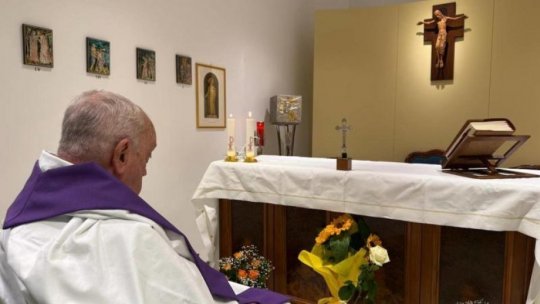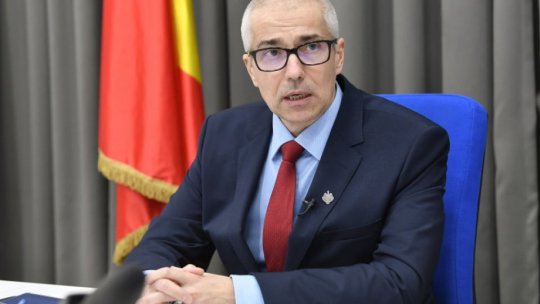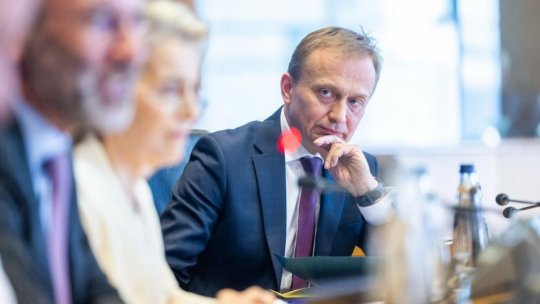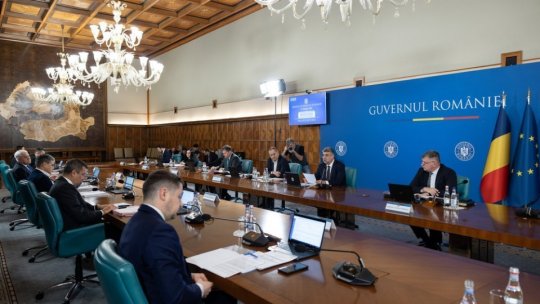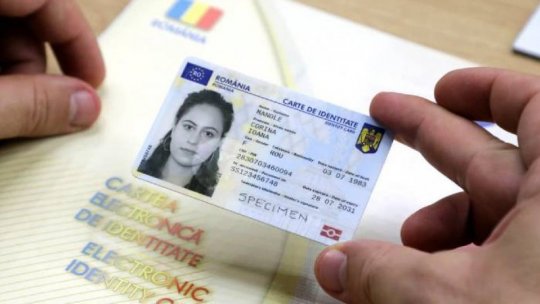Early Elections in the Republic of Moldova
The percentages obtained by political parties are not enough to form a majority and elect a new head of state, which requires 61 seats of a total of 101.
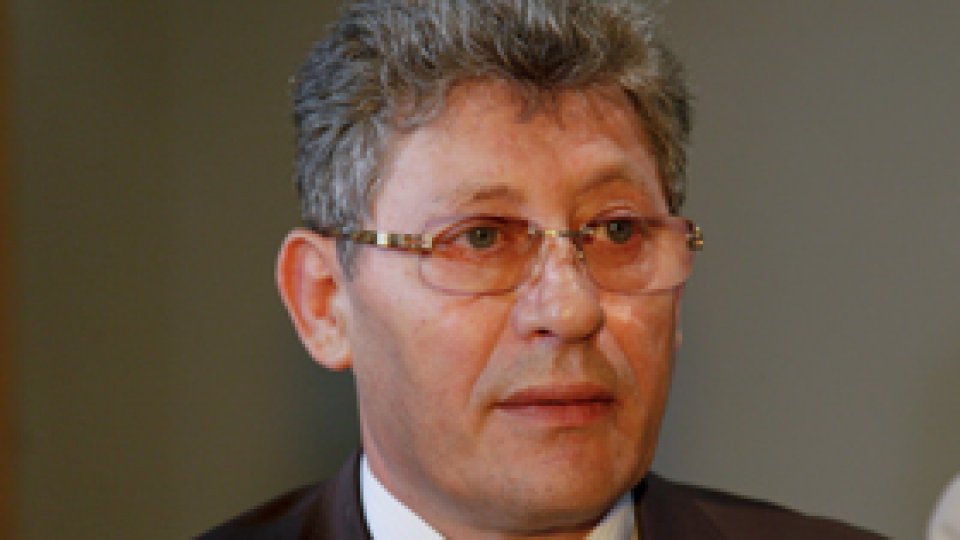
30 Noiembrie 2010, 16:07
Contrary to exit polls, which showed a comfortable success of the pro-Western parties, the count of ballots validates once again the pro-Russian Communists’ Party as the main political force in the Republic of Moldova.
Added up, the results obtained by the parties in the governing coalition, which last year set up the Alliance for European Integration, exceed the percentage won by the Communists, but the result is not enough for them to elect the president.
It is therefore quite likely that the new Parliament will be unable to elect the president and that parliament will be dissolved within a year, according to Constitution, to allow new early elections.
The interim President, the Liberal Mihai Ghimpu, was the only one who explicitly called for continuity at a political level so that the Alliance could reach its essential target, namely integration into the European Union. The Liberal Democratic leader, Prime Minister Vlad Filat, spoke about the “maturity of Moldovan society”, something demonstrated by the massive turnout.
On the other hand, the president of the Democratic Party, the ex-Communist Marian Lupu, pointed out that the big percentage obtained by his former party colleagues showed that the Moldovan society continued to be in a state of inertia, which makes breaking with the past very difficult. Commentators in Chisinau, Bucharest and Moscow alike were expecting more trenchant statements from the Democrats.
Placed, in ideological terms, between the Communists and the Liberals, the Democrats remain the key element in any possible post-election government combination.
They are linked to the Liberals and the Liberal Democrats by the protocol in place of the pro-European Alliance and to the Communists by their common past, its intact fascination with Russia and its barely masked hostility towards Romania.
Quoting analysts in Chisinau, the daily ADEVARUL writes that number two in the Democratic Party, the millionaire Vlad Plahotniuc, seen as a man with strong connections with Mafia-type business circles, is the one who will decide the future of the governing coalition.
Plahotniuc, who wants to become Prime Minister, will “negotiate with the economic and financial groups behind the Communists’ Party and the Liberal Democratic Party”, the newspaper writes.
A possible failure of talks within the Alliance may lead to a leftist coalition between the Communists and the Democrats. Such an alliance would definitively bury the European ambitions of the Republic of Moldova.
The political and economic reforms initiated by the interim president Ghimpu and Prime Minister Filat, as well as the normalization of relations with Bucharest, the co-operation with the International Monetary Fund, Brussels and Washington, would be in effect cancelled.
After only one year of democracy, Chisinau could again fall prey to corruption, abuse, virulent attacks against Romania and full surrender to Moscow.



